If I can stop one heart from breaking,
I shall not live in vain;
If I can ease one life the aching,
Or cool one pain,
Or help one fainting robin
Unto his nest again,
I shall not live in vain.
– Emily Dickinson, collected poems, 1924
NYJTL President and CEO Deborah Antoine is reminded of Dickinson’s poem when she thinks about The HOPE Program, an employment training program for homeless men and women that she founded over 30 years ago in the basement of New York City’s Christ & Saint Stephen’s Episcopal Church.
In 1983, as a Columbia University PhD student, she volunteered at the Holy Apostles soup kitchen where the homeless people she served inspired her to launch HOPE. She started by helping eight individuals, and while all of them got jobs, none were able to keep them for long. She realized she needed a more comprehensive approach.
Deborah learned by experience, visiting with staff and clients at shelters and soup kitchens. Seeking a proven curriculum she could use to help her clients find and maintain gainful employment, she discovered the Adkins Life Skills Program.
“Adkins is a remarkable tool, not just for helping people determine what jobs they’ll be good at, but also for equipping disadvantaged people to overcome all the other obstacles that stand in the way of success,” Deborah says.
Another element Deborah introduced to HOPE that remains central to the program today is the idea that each participant should go through a meaningful internship program. “I realized that no matter how bad off you are, you feel like you have value when you’re helping others,” she says.
One of the first “fainting robins” Deborah helped through HOPE was Victoria, a single mother who was living in a shelter for battered women. “I was a broken spirit, sad and afraid,” Victoria says. “I had two children and I didn’t know what the future would bring.”
After completing HOPE’s 14-week Adkins program – including assessments, counseling, self-discovery, career training and an internship – Victoria landed a job at the Center for Independence of the Disabled. She hasn’t looked back since. Victoria eventually earned a college degree, to which she credits Deborah’s encouragement, and today she’s on the verge of getting her masters.
“Victoria is a remarkable woman,” Deborah says. “Despite incredibly difficult circumstances, she not only survived, but has thrived.”
HOPE served as launching pad for Victoria’s new life and vibrant career. She has been a counselor and career coach to over 30,000 people – and even worked for Deborah in two different jobs. Later Victoria became the first HOPE graduate to serve on the organization’s board.
Once HOPE began having a lasting impact on the lives of homeless people, Deborah sought to expand the program’s reach. She was grateful for the donations she received from friends, family and parishioners, but to grow the organization she needed more funding. In addition to recruiting participants and running the programming, she had to become a fundraiser.
Deborah sent nearly 270 letters to foundations, which led to her first ever grant: $20,000 from The Clark Foundation. The funding allowed her to hire her first employee, an assistant executive director.
HOPE has continued to grow and transform lives since Deborah moved on from the organization in 1992 to become the Senior Vice President of the South Bronx Economic Development Corporation. “It shocks me how far HOPE has come,” she reflects. “When I started it, I didn’t have a big goal about making an impact on homelessness or poverty. It was – and still is – all about helping each individual person get his or her life back.”
On May 12, HOPE will host a 30th anniversary celebration, A Taste of HOPE, where Deborah will receive the inaugural Founder’s Award. Fittingly, Victoria will be by her side as her special guest.
